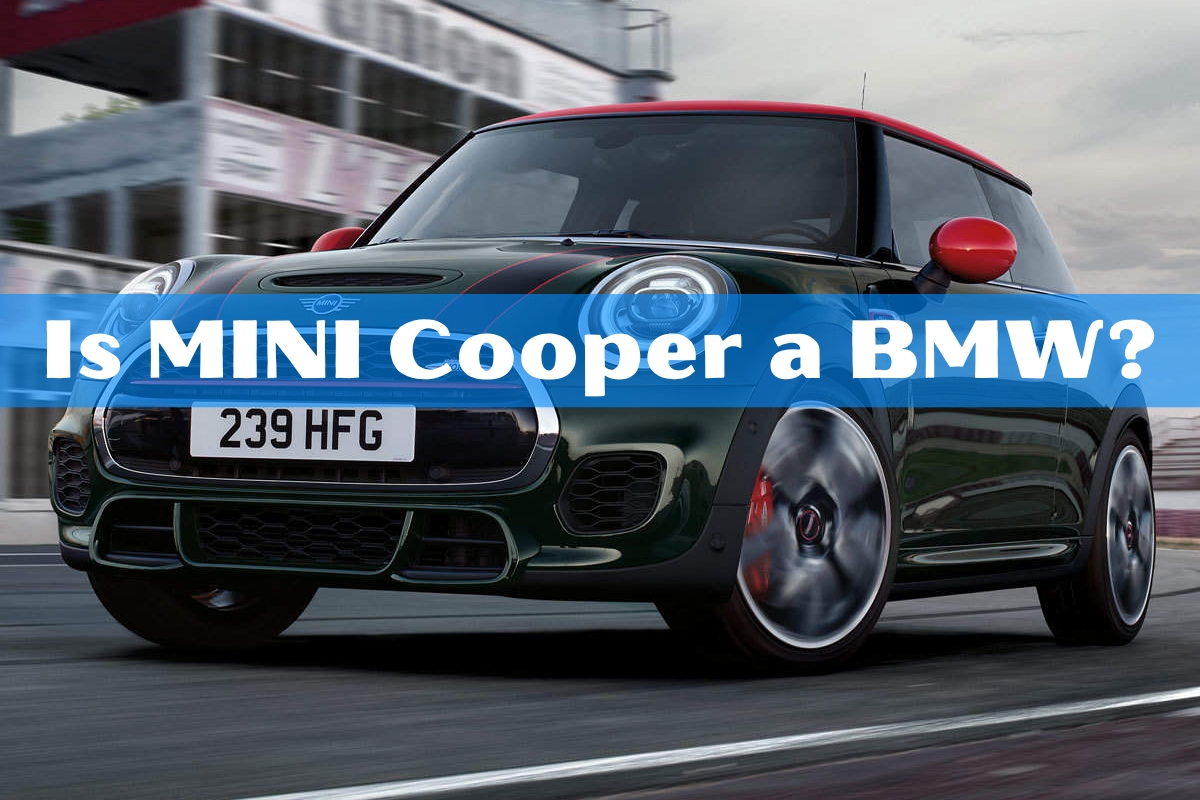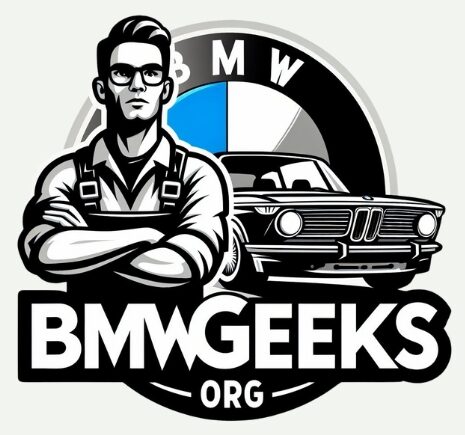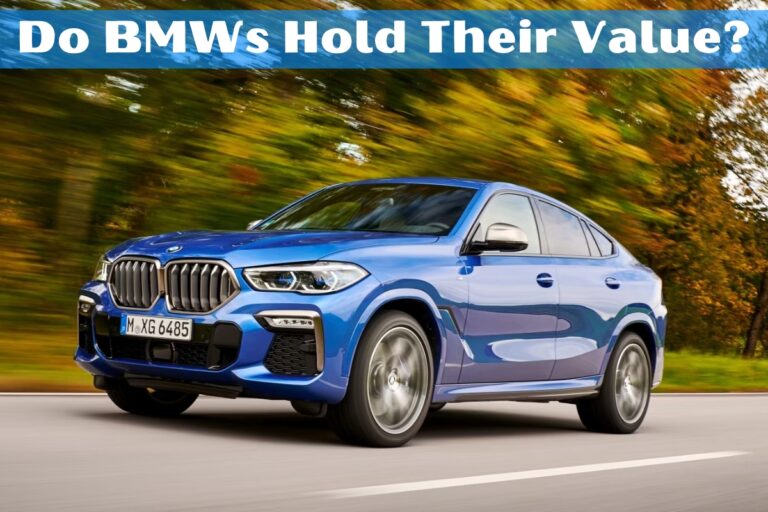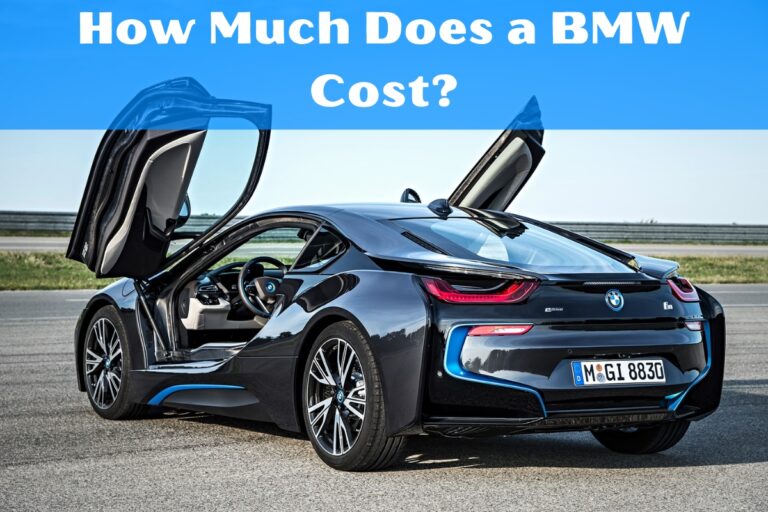Is MINI Cooper a BMW?

The short answer is yes – MINI Cooper is owned by the German automaker BMW. While MINI has its roots as a British brand, it has been part of the BMW family since the early 2000s. In this comprehensive article, we’ll dive into the history of MINI, how it became associated with BMW, and what that means for MINI Cooper vehicles today.
The Origins of MINI
The original MINI was first introduced in 1959 as a compact, fuel-efficient car designed to meet the needs of post-war British drivers. It was actually two different models – the Austin Mini and the Morris Mini – produced by the British Motor Corporation (BMC). Despite their slightly different branding, the Austin and Morris Minis were virtually identical vehicles.
In 1969, the separate “Austin” and “Morris” names were dropped, and the car became known simply as the “Mini.” It continued to be produced by various British automotive companies over the next few decades, including British Leyland and the Rover Group.
BMW Acquires MINI
In the 1990s, BMW was looking to expand its lineup with more compact, affordable models. This led the German automaker to acquire the Rover Group, including the rights to the MINI brand, in 1994.
BMW saw the MINI as an opportunity to create a premium, yet competitively-priced small car that could complement its own lineup of luxury vehicles. The company began developing an entirely new MINI model, which was finally unveiled in 2001.
The new MINI maintained the iconic styling of the original, but featured modern engineering and technology. It was an immediate sales success, allowing BMW to revive and reinvent the beloved MINI brand for a new generation of drivers.
MINI Today: Part of the BMW Family
Since BMW’s acquisition, MINI has continued to grow and evolve as a brand. While the classic MINI design remains a core part of the lineup, BMW has expanded the brand to include a variety of models, including the Clubman, Countryman, and all-electric MINI Cooper SE.
All MINI models are engineered and produced by BMW, though the vehicles still maintain a distinct MINI identity. The brand’s headquarters is located in Oxford, England, and MINI vehicles are manufactured at plants in the UK, Netherlands, and Austria.
One of the key benefits of MINI being part of the BMW family is access to the German automaker’s advanced powertrain and technology. MINI models are available with a range of efficient gasoline and diesel engines, as well as the aforementioned all-electric option.
MINI Cooper: A BMW-Powered Icon
The MINI Cooper, in particular, has remained a core part of the brand’s lineup since its relaunch in the early 2000s. As the sportier, high-performance version of the MINI, the Cooper models are powered by BMW-derived engines that deliver an exhilarating driving experience.
Early MINI Coopers utilized BMW’s Tritec engines, a joint development between the German automaker and Chrysler. More recently, MINI Coopers have transitioned to using BMW’s own family of turbocharged 3- and 4-cylinder engines, providing even more power and efficiency.
In addition to the standard MINI Cooper, there are also more powerful “John Cooper Works” (JCW) variants that tap into MINI’s motorsport heritage. These models feature further engine and suspension upgrades for an even more thrilling behind-the-wheel experience.
MINI’s Unique Design and Driving Dynamics
While MINI may be owned by BMW, the brand has maintained a distinct identity and design language that sets it apart from its German parent company. The iconic, boxy MINI silhouette is instantly recognizable, as are design cues like the circular headlights and large, protruding grille.
MINI’s driving dynamics have also remained a key part of the brand’s appeal. Thanks to their compact size, nimble handling, and peppy engines, MINI models offer an engaging, “go-kart-like” driving experience that harkens back to the original 1959 Mini.
This focus on driving fun has been a constant throughout MINI’s history, even as the brand has grown and evolved under BMW’s ownership. MINI owners often cite the car’s handling and performance as one of the main reasons they chose the brand.
The MINI Lineup: From Hatchbacks to Crossovers
Over the years, the MINI lineup has expanded well beyond the classic two-door hatchback that defined the original model. While the iconic MINI Hardtop remains a core part of the brand’s offerings, MINI now produces a variety of body styles to cater to different customer needs.
Some of the other MINI models available today include:
- MINI Convertible: A classic open-top version of the MINI Hardtop.
- MINI Clubman: A slightly larger, wagon-like version of the MINI with unique “barn door” rear access.
- MINI Countryman: A compact crossover SUV, MINI’s first foray into the utility vehicle segment.
- MINI Electric: An all-electric version of the MINI Hardtop, offering zero-emissions driving.
This diversification of the MINI lineup, while still maintaining the brand’s distinctive design and driving character, has helped attract a wider range of customers to the marque. Whether you’re looking for a sporty hatchback or a practical crossover, there’s a MINI model to suit your needs.
MINI’s Motorsport Heritage
MINI has a long and storied history in motorsports, dating back to the original Mini’s success in the Monte Carlo Rally in the 1960s. The nimble, lightweight Mini Cooper S models were dominant on the rally circuit, winning the prestigious event three times between 1964 and 1967.
This motorsport pedigree has continued with the modern MINI lineup. The brand has participated in the World Rally Championship since 2011, competing against other iconic performance cars. MINI also offers John Cooper Works (JCW) performance variants of its models, which channel the brand’s racing heritage into production vehicles.
For MINI enthusiasts and driving enthusiasts alike, this motorsport DNA is an important part of the brand’s identity. It reinforces MINI’s commitment to delivering an engaging, performance-oriented driving experience, even in its more practical, everyday models.
MINI’s Bright Future Under BMW
As MINI moves forward under BMW’s ownership, the brand is well-positioned to continue its growth and success. With access to the German automaker’s cutting-edge technology and engineering resources, MINI can maintain its unique identity while also evolving to meet the needs of modern drivers.
Recent announcements, such as the introduction of the all-electric MINI Cooper SE, demonstrate MINI’s commitment to embracing new technologies and sustainable mobility solutions. At the same time, the brand remains dedicated to preserving the iconic MINI design and the engaging, go-kart-like driving dynamics that have endeared it to generations of enthusiasts.
Whether you’re a long-time MINI owner or simply curious about the brand, it’s clear that MINI’s future remains bright as part of the BMW family. As the brand continues to innovate and evolve, there’s no doubt that the MINI Cooper will remain a beloved and sought-after symbol of automotive fun and style.
Conclusion
In conclusion, the answer to the question “Is MINI Cooper a BMW?” is a resounding yes. While MINI has its roots as a British brand, it has been owned and operated by the German automaker BMW since the early 2000s. This acquisition has allowed MINI to leverage BMW’s engineering expertise and resources, while still maintaining its own distinct identity and character.
From the iconic MINI Hardtop to the versatile Countryman crossover, every MINI model on the road today is a product of BMW’s stewardship and investment in the brand. The result is a lineup of premium, yet affordable vehicles that blend classic MINI design with modern technology and performance.
Whether you’re a long-time MINI enthusiast or simply curious about the brand, it’s clear that MINI’s future remains bright as part of the BMW family. As the brand continues to evolve and innovate, the beloved MINI Cooper will undoubtedly remain a symbol of automotive passion and driving joy for years to come.






